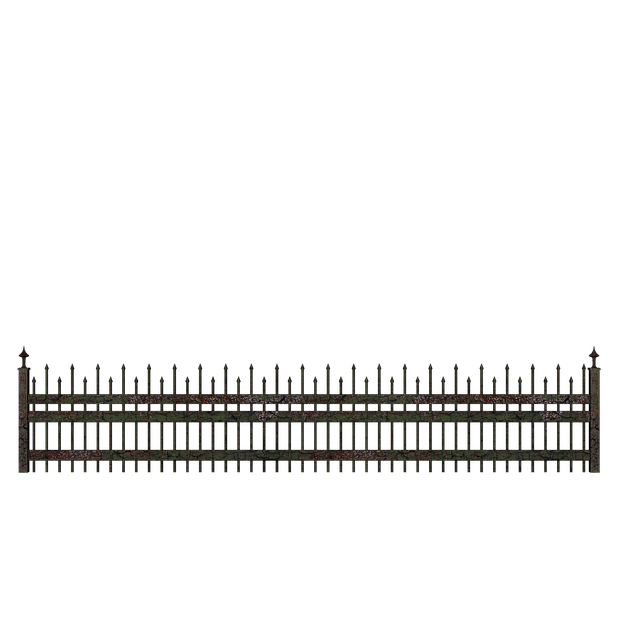In New Bedford, MA, understanding fence warranties and guarantees is crucial for homeowners and businesses alike. This comprehensive guide delves into the intricacies of fence warranty coverage, exploring various types of guarantees available for both residential and commercial properties. From manufacturer’s warranties to installer’s bonds, we’ll break down common exclusions and provide a step-by-step guide on filing claims. By armed with this knowledge, you can ensure your investment in fencing is protected.
- Understanding Fence Warranty Coverage in New Bedford
- Types of Guarantees for Residential Fences
- Commercial Fence Warranties: What to Expect
- Common Exclusions and Limitations
- Filing a Claim: A Step-by-Step Guide
Understanding Fence Warranty Coverage in New Bedford
When it comes to fence installations or repairs in New Bedford, understanding warranty coverage is crucial. A fence warranty typically covers defects in materials and workmanship for a specific period after completion of the project. This means that if your new fence develops issues due to manufacturing flaws or installation errors within the warranty period, a professional fence contractor will take care of repairs or replacements free of charge.
In New Bedford, as in many places, these warranties often vary depending on the type of fence, the manufacturer, and the contractor you choose. It’s important to read and understand the terms and conditions of the warranty provided by your contractor. Be sure to ask about coverage details, exclusions, and what constitutes a valid claim. This knowledge will protect your investment and ensure you receive the quality service you expect from your fence project.
Types of Guarantees for Residential Fences
When it comes to residential fences in New Bedford, MA, there are several types of guarantees that homeowners can expect from their fence installations or repairs. One of the most common is a material guarantee, which covers any defects or issues with the fencing materials used. This could include warping, rot, rust, or peeling, and typically offers replacement or repair services for a specified period.
Another type is a labor guarantee, ensuring that the installation or repair work performed by the contractor meets certain standards of quality. If there are issues due to faulty workmanship, such as misalignment, poor fitting, or improper fastening, this guarantee will cover the cost of fixing these problems without additional charges. Some companies also offer combination guarantees that include both material and labor aspects, providing homeowners with comprehensive protection for their fence investments.
Commercial Fence Warranties: What to Expect
When it comes to commercial fence warranties, what you can expect varies based on the type of fence and the company providing the service. Typically, these warranties cover materials and labor for a specified period after installation. For example, a standard warranty might offer coverage for defects in materials or workmanship for up to 1-2 years, with longer periods available for more specialized fences like chain link or metal security fencing.
Beyond basic coverage, some companies offer extended warranties that protect against issues like rust, rot, or damage from extreme weather conditions. These guarantees can provide peace of mind, ensuring that your investment in a new fence remains secure and robust over time. Always review the terms and conditions carefully to understand what is covered and any exclusions or requirements for maintenance and care.
Common Exclusions and Limitations
When considering fence warranties and guarantees in New Bedford, MA, it’s crucial to be aware of common exclusions and limitations. While many companies offer comprehensive coverage for defects in materials or workmanship, there are often specific areas not covered by these warranties. These may include damage caused by extreme weather conditions such as heavy storms, hurricanes, or frost heaves that lift the fence posts. Additionally, normal wear and tear is typically not included, meaning that fading, cracking, or rusting due to age or exposure to elements won’t be deemed as defects under warranty.
Another common limitation involves human error during installation if the client has made significant changes to the original design or specifications. Furthermore, certain types of fences, such as chain link or wooden fences treated with specific chemicals, might have different warranty periods and conditions compared to vinyl or metal fences. Always review the terms and conditions carefully to understand what is covered and what isn’t before making a decision.
Filing a Claim: A Step-by-Step Guide
Filing a Claim: A Simple, Yet Important Process
The first step in claiming your fence warranty is to carefully review the terms and conditions outlined in your contract. Look for specific clauses regarding repairs or replacements and any required procedures for filing a claim. Typically, you’ll need to notify the manufacturer or installer within a specified time frame after discovering the issue. This prompt action ensures your claim falls under active warranty coverage.
Once you’ve identified the problem and confirmed your eligibility for a claim, follow these steps: contact the provider, describe the issue in detail, and provide relevant information such as purchase date, model number, and any supporting documentation. They will guide you through the rest of the process, which may include scheduling an inspection or providing repair estimates. Keep all communications and documents organized for a smooth and efficient claim resolution.
